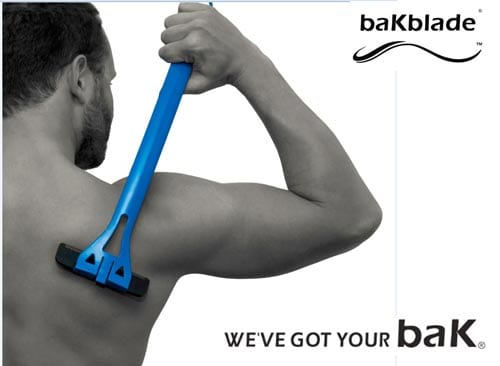Campus Living, Featured, Life on Campus
Disabled Student? Here’s How to Choose the Best College for You
Sierra Powell

The decision of the college is a major one for any student. The process is usually more complicated, though, when it comes to students with disabilities. It does not just depend on accessibility, campus support, and flexibility in academics. The good news is that a lot of colleges are improving. It is all about being informed about what to look for.
Check out the Office of Disability Services
Accommodations are required by every college that receives federal funding, but not all schools do more than the minimum. This is where the disability service office comes in. This office is involved in assisting disabled students in a significant way during their stay on campus.
Enquire about the services. Does the school offer note-takers, extra test time, or priority registration in classes? Is it possible to receive assistance with housing accommodations or assistive technology? The disability services office that you have will be effective, responsive, and accommodating to your needs.
Talk to Current Students
There are times when the most valuable advice comes from those who have been there. Attempt to reach out to current students with similar needs in accessibility. They will be able to give them an honest response on what life is like. They might be able to share things that you can never read in a brochure or on a web page.
Enquire about the knowledge of accommodations among professors. Discover whether the culture at the campus is friendly and accepting. Although the buildings are accessible, a lack of support on the part of staff or classmates may cause unwanted stress.
Research Housing and Dorms
Another factor is housing. Not every dorm is equally accessible. Others can be stair-stepped, have small door frames, or shared lavatories, which are not accommodative to every student. The housing office needs to be aware of your needs in the initial stages.
Find schools that provide one-room accommodation with their bathroom or a special dorm that can be easily accessed. Depending on the college, an ADA-compliant desk or adjustable bed may also be provided upon request.
Measure the Academic Flexibility
College may be tough, and therefore, it is always good to get into a flexible college. This may take the form of online classes, taped lectures, or extension of deadlines. Medical flexibility can indeed take you quite far in your life when you are faced with a medical condition that makes you feel tired or flares up; academic flexibility can determine whether you are going to make it or not.
Enquire about the possibility of collaborating with students by professors on a case-by-case basis. The environment that you study in must be good to make it possible to keep you on course even when you are hit with health or mobility issues. With an effective faculty and course structure, academic resilience and success can be promoted a lot.
Do Not Ignore Transportation
Reliable transportation is as important as accessibility. Some students drive, others take city transport or shuttle buses. Learn whether there is easy parking, rides, or paratransit available in the school.
When the college is situated in a larger city, ensure that the city has an accessible transport system for wheelchairs. In the event of the rural campuses, ask about their accessible vehicles to help students reach classrooms, the library, or off-campus locations.
Inquiry into Health and Counselling Services
Another aspect to take into consideration is mental and physical health support. College life carries some pressure, and being able to access and get proper care will help reduce stress. Seek colleges that have health centers on campus that know the needs of people with disabilities.
Find out whether they have ever encountered chronic diseases or long-lasting conditions. Students with disabilities, Therapy, support groups, or workshops for the targeted specific students may be offered in other schools.
Conclusion
The college you should attend is the one that will assist you on both the academic and personal levels. Search leisurely. Ask questions and do your research. Follow your gut feeling. When you plan things well, you will be able to locate a school where you feel comfortable, you feel competent, and you feel included.
SEE ALSO: Annual Physicals in College: Are They Really Necessary?











